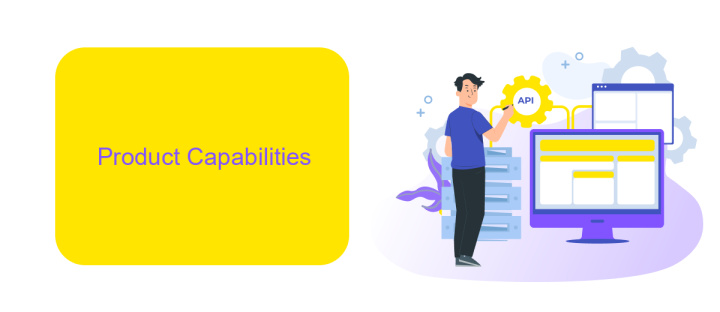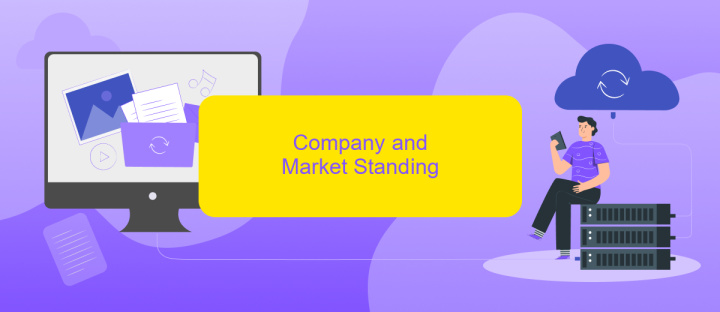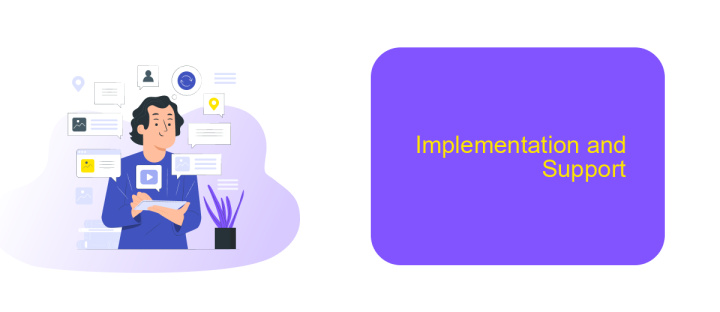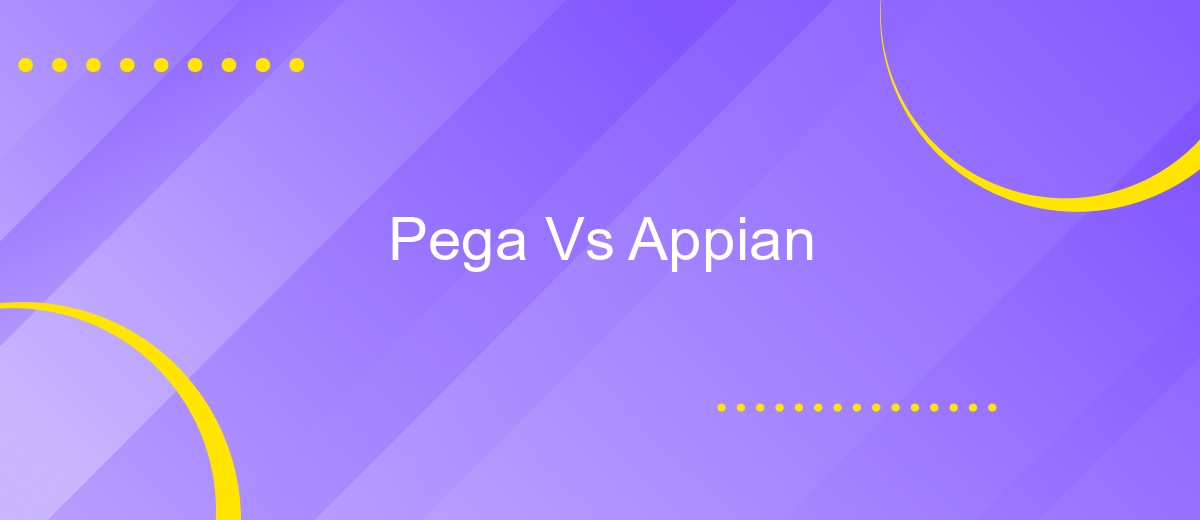Pega Vs Appian
In the rapidly evolving world of business process management (BPM), choosing the right platform is crucial for operational efficiency and innovation. Pega and Appian are two leading contenders in this space, each offering unique features and capabilities. This article delves into a comparative analysis of Pega vs. Appian, helping you make an informed decision for your enterprise needs.
Introduction
In the rapidly evolving world of business process management (BPM), Pega and Appian stand out as two of the leading platforms. Both offer robust solutions for automating workflows, enhancing customer engagement, and driving operational efficiency. However, choosing between them can be challenging due to their unique features and capabilities.
- Pega: Known for its advanced AI and machine learning capabilities, Pega excels in providing dynamic case management and real-time decisioning.
- Appian: Appian is celebrated for its low-code development environment, which allows for quick application development and deployment.
- Integration: Both platforms support extensive integration options, and services like ApiX-Drive can simplify the process of connecting various systems and applications.
Understanding the strengths and weaknesses of Pega and Appian is crucial for organizations looking to optimize their BPM strategies. This comparison will delve into the core features, user experiences, and integration capabilities of both platforms, helping you make an informed decision tailored to your business needs.
Product Capabilities

Pega and Appian both offer robust capabilities for building and managing enterprise applications, but they each have their unique strengths. Pega is known for its powerful Business Process Management (BPM) and case management features. It provides a comprehensive suite of tools for automating workflows, improving customer engagement, and enhancing decision-making with advanced analytics. Pega's low-code platform allows users to design and deploy applications rapidly, making it a preferred choice for organizations looking to streamline operations and reduce time to market.
Appian, on the other hand, excels in its integration capabilities and user-friendly interface. It offers a strong low-code development environment that simplifies the creation of complex applications. Appian's integration with various third-party services, including ApiX-Drive, allows for seamless data flow and connectivity across different systems. This makes it easier for businesses to automate processes and integrate disparate systems without extensive coding. Both platforms support cloud deployment, ensuring scalability and flexibility to meet evolving business needs.
Company and Market Standing

Pega and Appian are two leading players in the Business Process Management (BPM) and Low-Code Application Development markets. Both companies have established a strong presence, with Pega being known for its robust case management and decisioning capabilities, while Appian is celebrated for its user-friendly interface and rapid development features. These strengths have allowed both companies to cater to a wide range of industries, including finance, healthcare, and government sectors.
- Pega: Founded in 1983, Pega has a long-standing reputation and a solid market presence. It is widely recognized for its powerful automation tools and AI-driven decision-making.
- Appian: Established in 1999, Appian has quickly gained traction due to its intuitive low-code platform, enabling faster application development and deployment.
Both Pega and Appian have been instrumental in helping organizations streamline their processes and improve efficiency. They offer a range of integration options, including the use of services like ApiX-Drive, which simplifies the integration of various applications and automates data workflows. This capability enhances their value proposition, making them preferred choices for businesses looking to innovate and stay competitive in a rapidly evolving market.
Implementation and Support

Implementing Pega and Appian can be complex, requiring careful planning and execution. Both platforms offer robust tools and frameworks to streamline the process, but they have different approaches and strengths.
Pega is known for its comprehensive suite of tools that cater to various business needs, offering a high degree of customization. Appian, on the other hand, emphasizes a low-code approach, making it easier for non-technical users to develop applications.
- Pega offers extensive documentation and training resources to support implementation.
- Appian provides a user-friendly interface with drag-and-drop functionality.
- Both platforms offer integration capabilities, with services like ApiX-Drive facilitating seamless connectivity.
- Dedicated support teams are available for both Pega and Appian to assist with troubleshooting and optimization.
Choosing between Pega and Appian for implementation and support depends on your organization's specific needs and technical expertise. While Pega offers more customization options, Appian's low-code environment can accelerate development and deployment timelines. Both platforms ensure robust support, making them reliable choices for enterprise applications.
Customer Experience
When comparing Pega and Appian in terms of customer experience, both platforms offer robust features that enhance user interaction and satisfaction. Pega excels with its AI-driven decisioning capabilities, allowing for personalized customer journeys and real-time responses. This ensures that customers receive relevant and timely information, improving overall engagement and satisfaction. Additionally, Pega's intuitive interface and comprehensive support options make it easier for businesses to manage customer relationships effectively.
Appian, on the other hand, focuses on providing a seamless and efficient customer experience through its low-code platform. This allows for rapid development and deployment of customer-facing applications. Appian's integration with third-party services, such as ApiX-Drive, further enhances its capabilities by enabling smooth data flow and connectivity between various systems. This ensures that customers have a consistent and unified experience across all touchpoints. Both Pega and Appian offer unique strengths in customer experience, making them valuable choices depending on specific business needs.


FAQ
What are the main differences between Pega and Appian?
Which platform is better for rapid application development?
How do Pega and Appian handle integrations with other systems?
Which platform offers better scalability?
What are the licensing and pricing models for Pega and Appian?
Routine tasks take a lot of time from employees? Do they burn out, do not have enough working day for the main duties and important things? Do you understand that the only way out of this situation in modern realities is automation? Try Apix-Drive for free and make sure that the online connector in 5 minutes of setting up integration will remove a significant part of the routine from your life and free up time for you and your employees.

